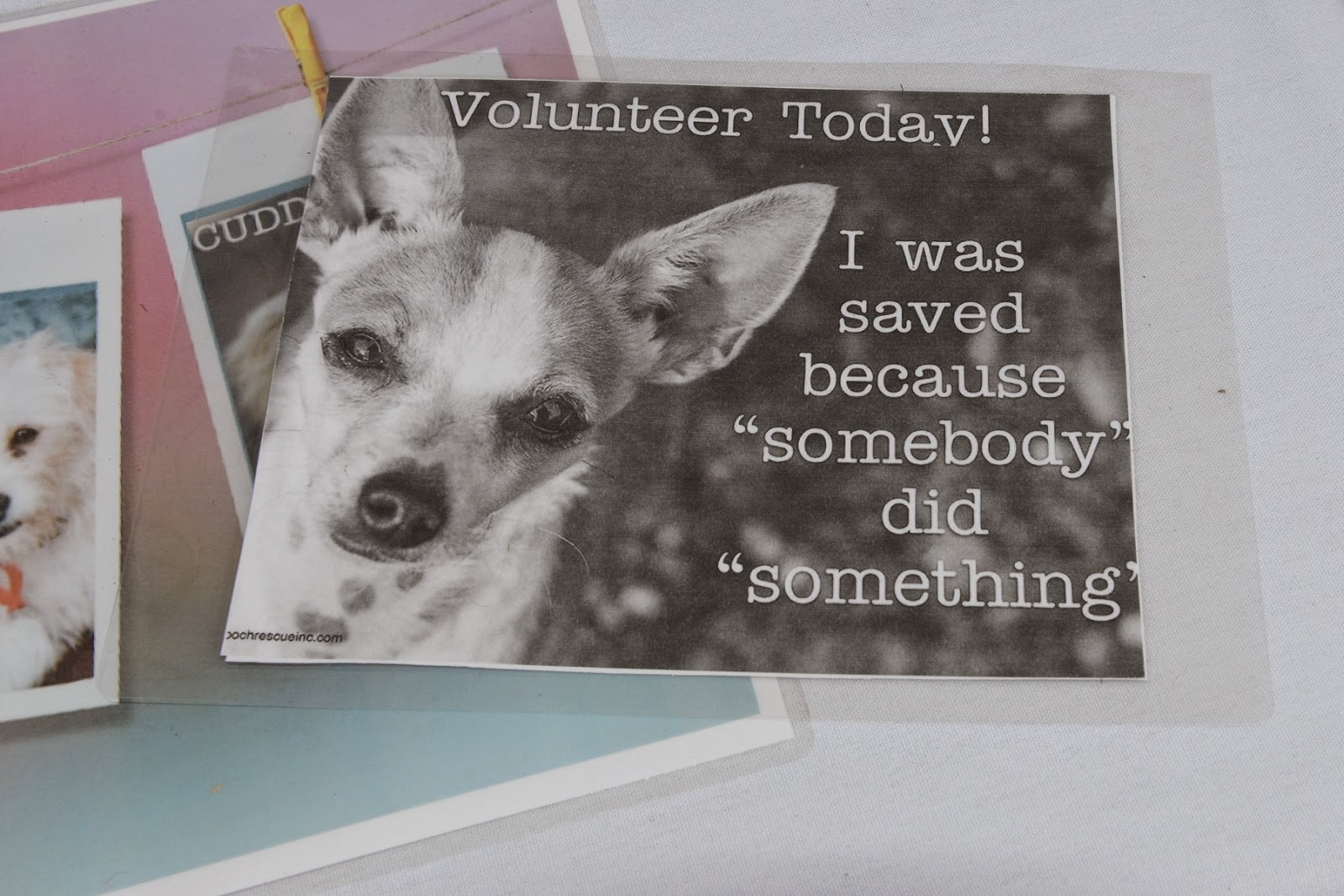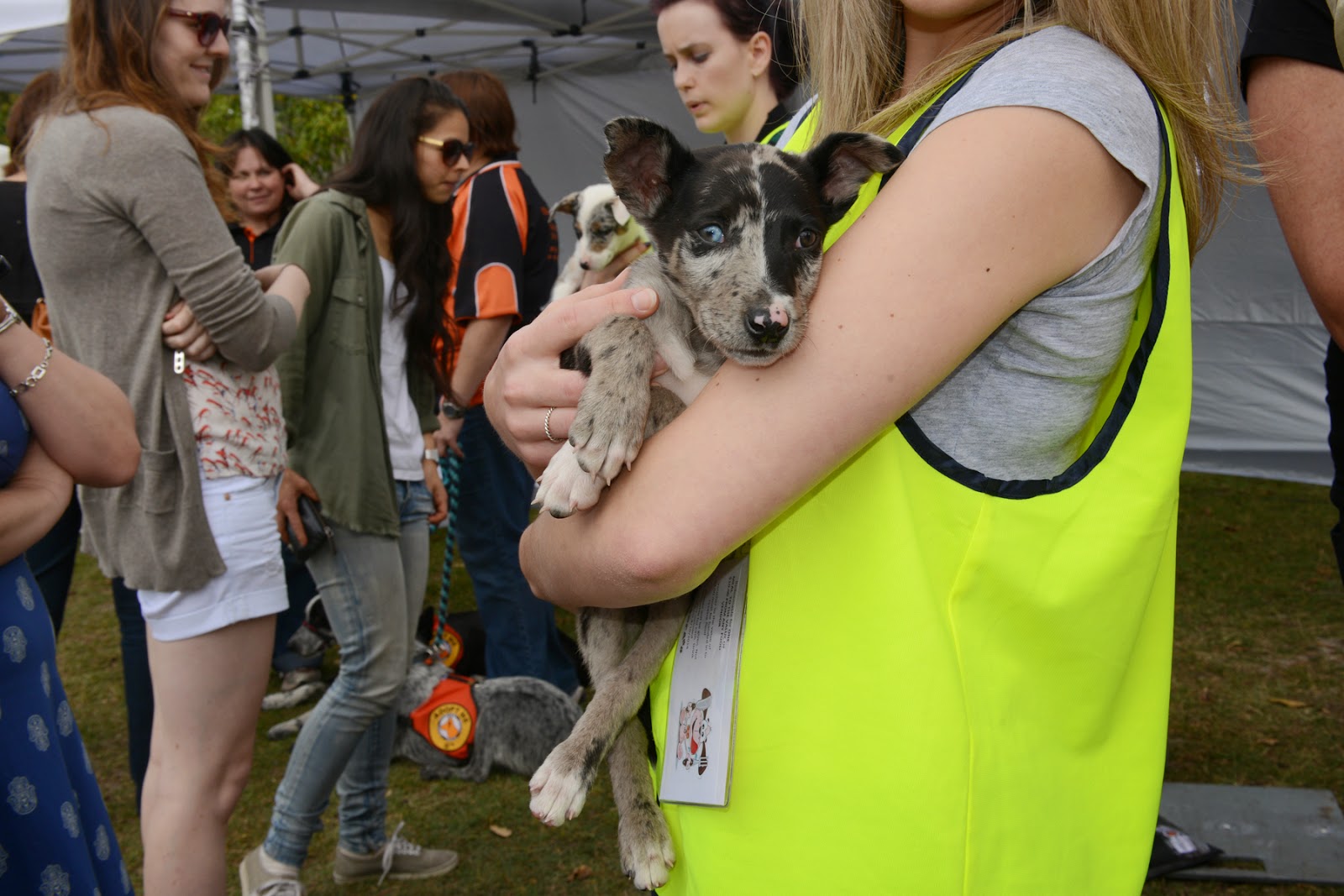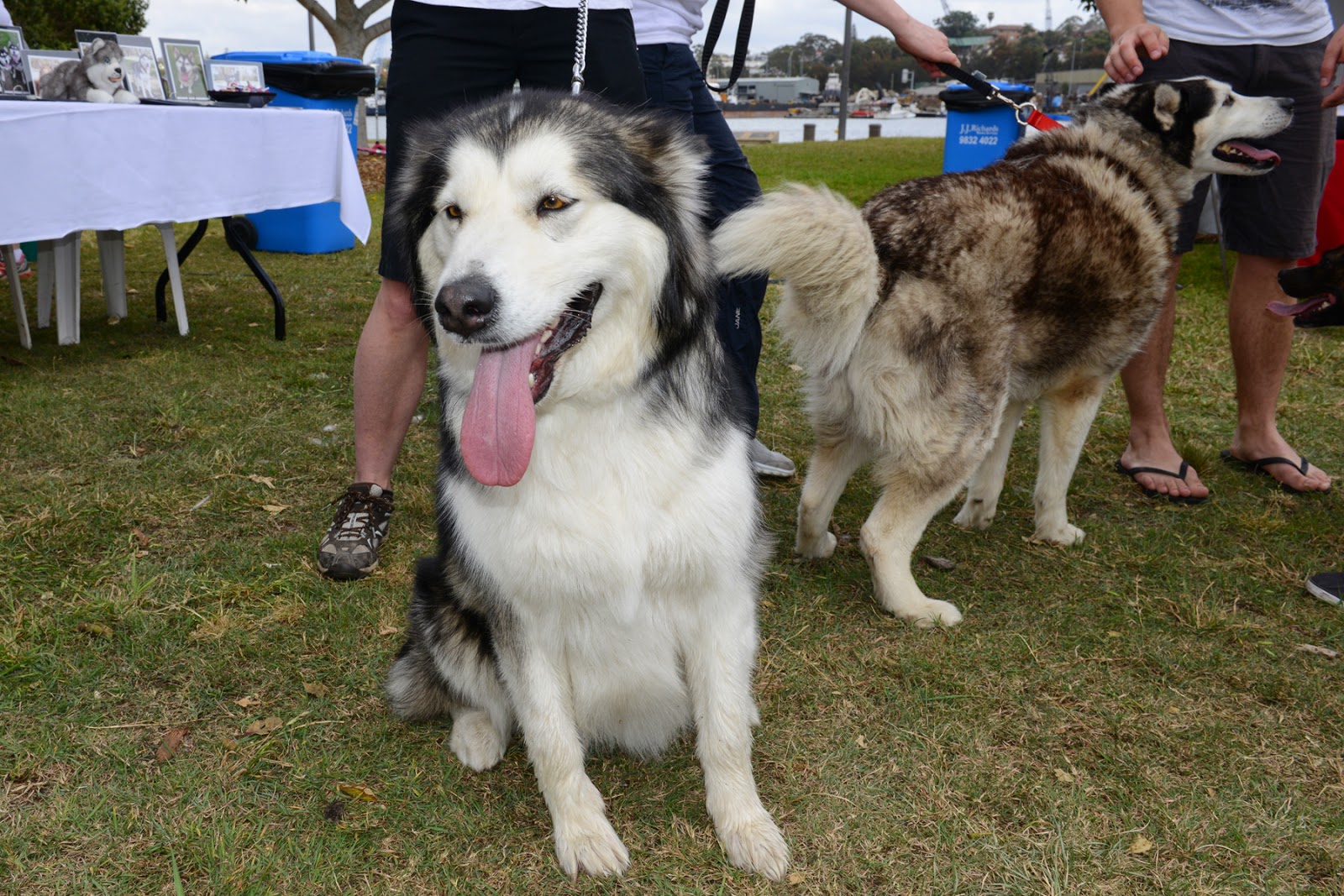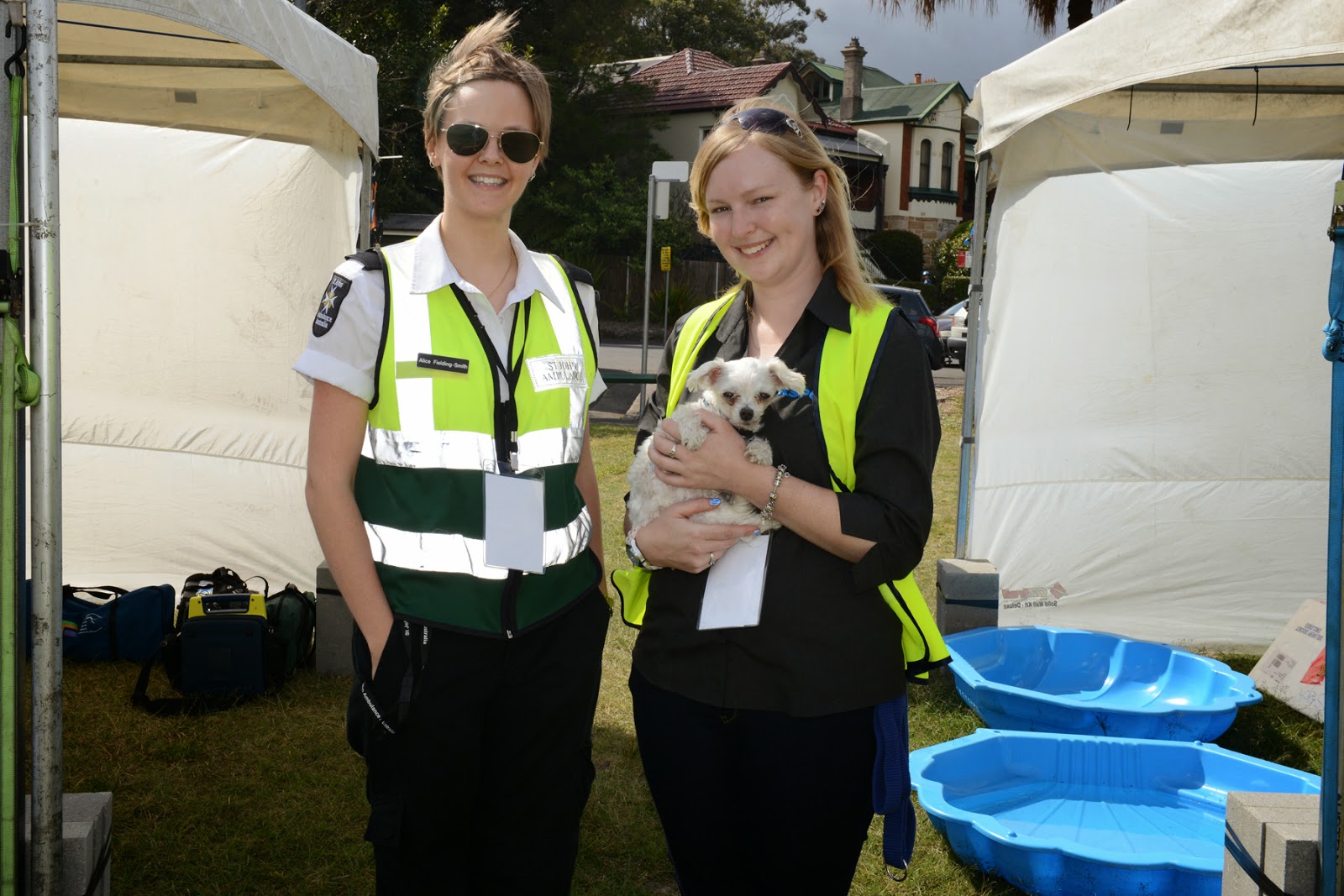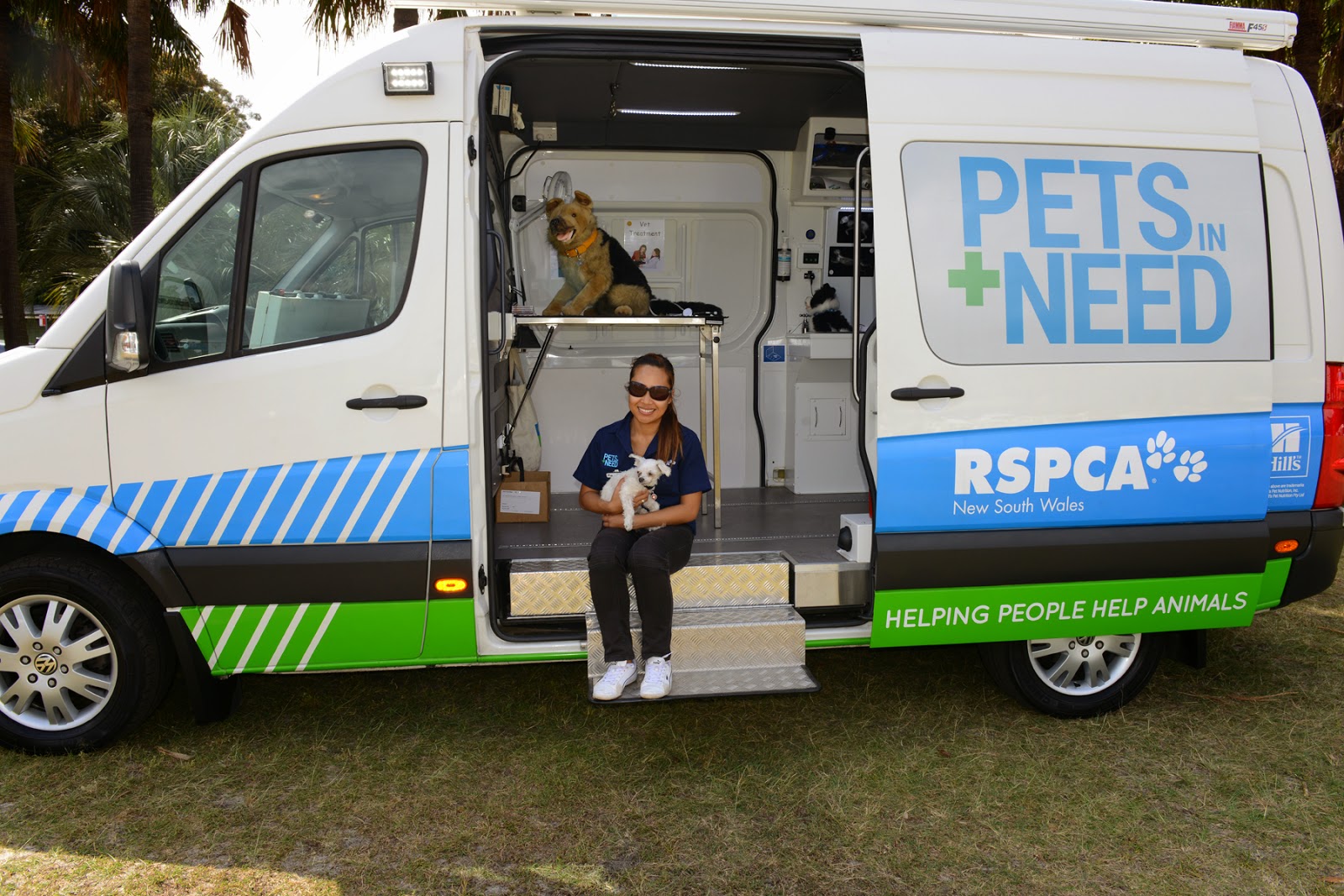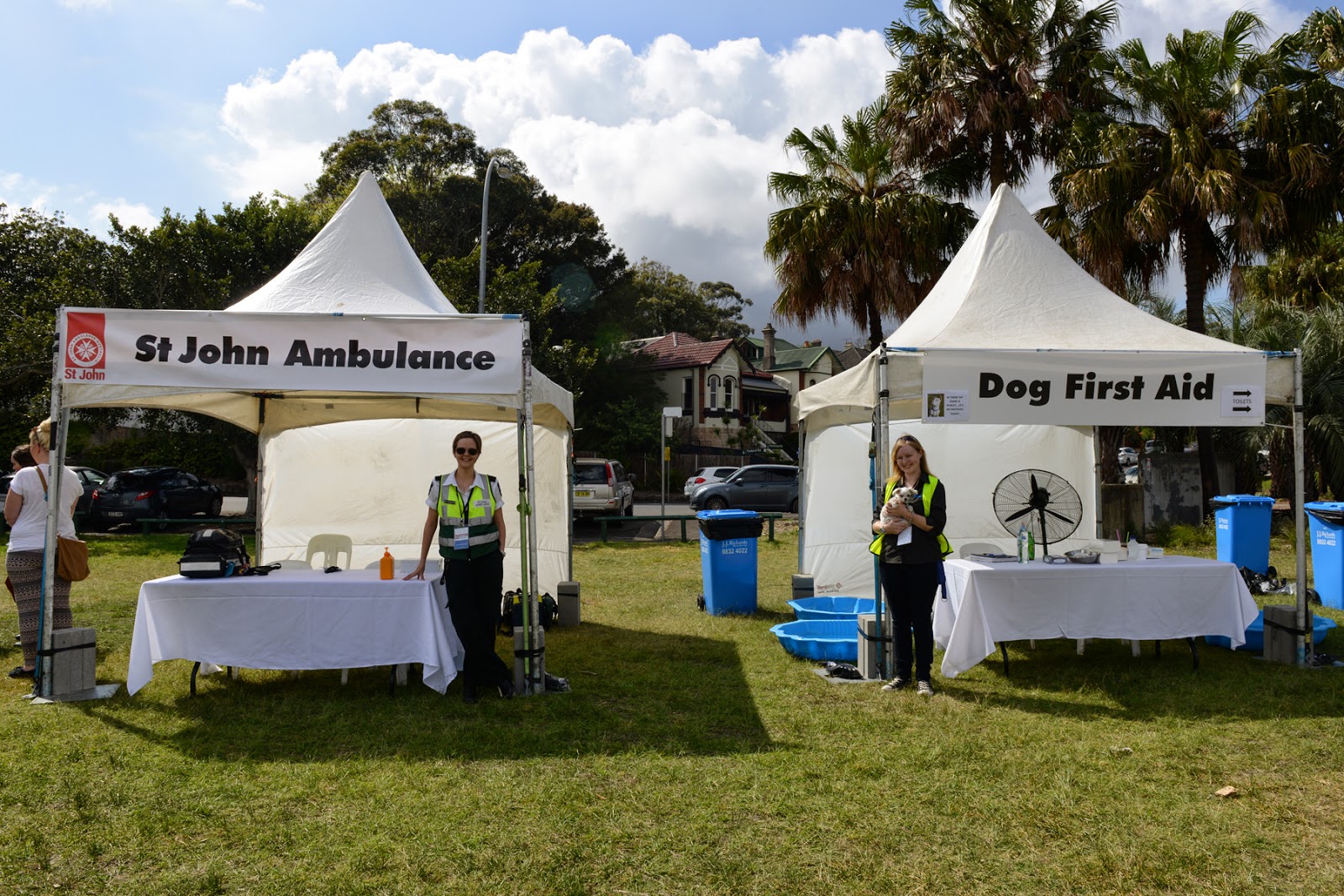A few weeks ago I
went to a friend’s house for dinner. I had been at work that day, and helped a
family farewell their twenty year old cat. Can you imagine – one member of the
family, a teenager, had never known life without that cat. She had been a
constant during births, deaths and multiple marriages. When losing a pet after
such a long time the common thing to say is “ah, well, she’s had a good innings”
(a metaphor lost on the non-cricket lovers), but it’s such a profound loss,
losing a companion for such a big chunk of your life.
My friends, Kristina
and Julia, started to talk animatedly about a book about an extraordinary cat,
acquired in the most tragic circumstances. I tend to listen when these ladies
recommend books as their taste is impeccable.
In the book they
were talking about, Cleo: How an UppityCat Helped Heal a Family (also republished as "Cleo: How a Small Black Cat Helped Heal a Family), author Helen Brown confesses she was NOT a cat
person. But her nine-year-old son Sam was. So when he heard someone telling
Helen that her cat had just had kittens, he begged to see them.
Helen relented when
Sam held one of the kittens in his hands. They agreed to adopt her when she was
old enough. Sam even picked out her name.
One week later, Sam –
on his way to the vet with an injured pigeon he found – was hit by a car and
killed.
The family had
forgotten about the new kitten. Weeks later, when they were still raw with
grief, Cleo arrived. Helen felt they couldn’t look after a cat now, things had
changed – but Rob persuaded her. My friends were in tears as they described the
book. Before the night’s end a copy was tucked into my bag.
The story of Cleo,
Sam, Rob, Helen and family is amazing, beautiful, incredibly sad and very
moving. Impossible to stop reading.
So SAT is very
pleased to be joined by Helen Brown, who – several successful books beyond Cleo – was still pleased to chat about
this amazing book.
 |
| Author Helen Brown and family. |
What is your day job?
I trained
as a journalist and spent many years writing columns for New Zealand
publications. I live in Melbourne these days. When I'm not writing books I'm
tending to the needs of a dysfunctional "Siamese" called Jonah.
You weren’t a cat person, yet you
wrote a best-selling book about the role of a single cat in your life. How do
you explain this transformation?
It wasn't
till a small black cat called Cleo stepped into our lives that I witnessed
the healing power of animals. She arrived on our doorstep a few weeks after our
older son Sam had been run over and killed. I wanted to send her away, but the
moment our younger son Rob set eyes on her I knew she had to stay. It was the
first time I'd seen him smile since the funeral.
Your description of your
vulnerability around loving an animal, especially in the wake of loss, is
powerful:
“Cleo’s lick on the back of my hand
was startling, like a lover’s first kiss. Part of me wanted to envelop her and
never let go. The other part, so wounded, was wary of the tsunami of affection
washing over me. To love is ultimately to lose. The unwritten contract that
arrives with every pet is they’re probably going to die before you do. The more
devoted you are to them the more sorrow their departure will inflict. Opening
my heart to Cleo would’ve been the equivalent of placing an already bruised
organ on an airport tarmac and inviting planes to land on it.”p41
How is it that we can love animals
the way we do even though we believe we will outlive them?
As human
relationships have become more tenuous in recent decades, the role of animals
has become more important. Pets offer unconditional love at a level few humans
seem able to give. People are willing to risk having their hearts broken for
love of that calibre, even if it's just for a short time.
Why is it, do you think, that “a
touch of a paw can work better than aspirin”?
Sometimes
when we're in emotional or even physical pain, all we really need to do is take
time out to nurture ourselves. Animals seem to know this at an instinctive
level. Whenever anyone in our household's sick, Jonah's first to jump on their
bed as if to say "Now settle down and let me nurse you." Besides,
I've read that stroking an animal's fur can reduce blood pressure and lower the
pulse rate. There's a lot more research to be done in that area.
Towards the end of Cleo’s life she
had two vets – one you refer to as ‘tough vet’, the other as ‘soft vet’. What
were the characteristics that made you label them this way and what changed
your mind?
Cleo was
nearly 24 years old. She was having terrible fits, could barely walk and her
face was badly swollen. Soft Vet had a great bedside manner, and talked of
sending her to Queensland for a kidney transplant, which he admitted had a low
success rate. Soft Vet said all the right things, but I wasn't sure we
wanted to put Cleo through radical surgery and more pain. We took her home to
think about it. When Cleo started fitting badly we called Soft Vet. The
receptionist was very cold. She said he wasn't available and told us to go
somewhere else. That left us with Tough Vet, who was overly blunt, suggesting
he put Cleo down on the spot.
When he
saw how upset I was, he became a lot more understanding. Tough Vet helped
extend Cleo's life enough for us to take her home, come to terms with what was
happening, and say goodbye. He even knew about Cleo's favourite fast food
joint, Chicken Man. Tough Vet was gruff, but under the surface was soft as
butter.
Do you have any tips for vets and vet
students in talking to owners about their pets?
Please
remember how important animals are to people. That humble tabby may be
someone's only friend, their counsellor and family.
One of the most striking things
about Cleo is that
she was one constant who accompanied a whole family through a host of
experiences – trauma, loss, divorce, new love, international travel,
emigration, illness. Have you heard from many readers about experiences their
pets have accompanied them through?
I receive
amazing emails from people all over the world. If writing Cleo has taught me
anything it's that no matter where they live people are pretty much the same.
There's nothing they wouldn't do for their kids - and they love their animals
beyond words.
Can you tell us about the current
non-humans in your life?
Jonah
bounced into our lives six years ago just after I'd had a mastectomy. He was
sold to us as a Siamese, though experts say he's something else. Personally, I
think he's his own breed. I'm ashamed to say I bought him from a pet shop, but
I was feeling vulnerable at the time and couldn't resist the blue-eyed clown
who stretched his paw through the cage to touch me. I felt chosen! I
wrote about Jonah in Cleo's sequel, AfterCleo Came Jonah. He's the opposite to Cleo in almost every way - male, vain
and deeply insecure. Jonah blogs occasionally about his views on life and the
challenges of cohabiting with a low life Scribbler. I love him to bits. He's
taught me a lot - e.g. it's okay to have a medicated cat.
What are you working on at the
moment?
My first
novel Tumbledown Manor has just come out in Australasia. It's being released in
Germany, the US and other countries next year. That cat in it is based on one I
fostered in New York City last year. The book gave me a chance to write about a
few other animals too, along with the wonderful wildlife rescue work that's
done in Australia.
Thank you Helen for sharing, and thanks also to Kristina and Julia - not only do you ladies have incredible taste in cats, but you're also a walking talking instant book club!
If you
want to read more of Helen’s books, visit www.helenbrown.com.au
You can also view interviews with Helen.
